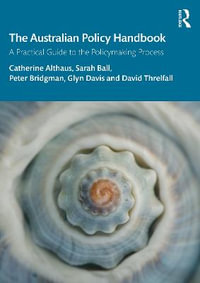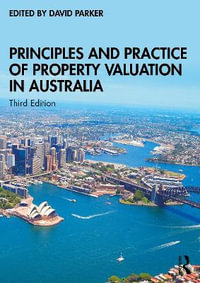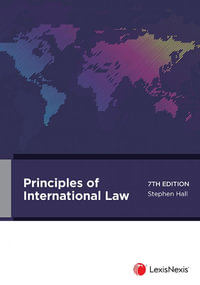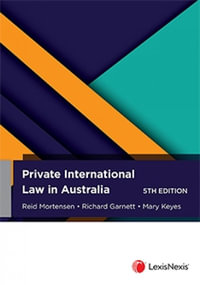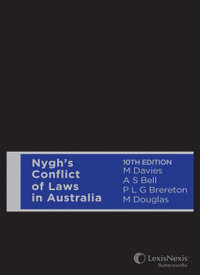For feminist international law scholars, practitioners, and advocates, the first two decades of the new millennium have produced moments of elation and disenchantment. In the
Research Handbook on Feminist Engagement with International Law, a network of scholars and practitioners from a diverse group of countries contemplate the future of feminist engagement with international law. Can international law increase its relevance, beneficence, and impact for women in the developed and developing world? How can international law deal with a much wider range of issues relevant to women's lives than it currently does? What are the next frontiers for gender and international law making, law reform, and the beneficiaries of international law? The diverse global contributions to this
Research Handbook delineate a future where feminist engagement with international law is robust, diverse, inclusive, influential, and leads to positive change in women's lives.
The Research Handbook addresses larger themes of feminism and international law that will interest international law and gender studies scholars as well as HDR students. Additionally, this exploration will prove to be an asset to UN and INGO networks, regional organizations, and NGOs and social movements.
Contributors include: J. Aeberhard-Hodges, S. Airey, M.P. Assis, B. Bennett, K. Chandrakirana, L. Chappell, H. Charlesworth, S.E. Davies, J.J. Dawuni, D. Estrada-Tanck, P. Finckenberg-Broman, G.M. Frisso, V. Fynn Bruey, J. Geng, F. Gerry, B. Goldblatt, R. Grey, M. Hansel, S. Harris Rimmer, R. Houghton, A. Isaac, M. Keyes, E. Larking, R. Maguire, A. O'Donoghue, D. Otto, K. Ogg, J. Ramji-Nogales, K. Rubenstein, S. Samar, G. Simm, N. Tzouvala, K. Woolaston, E. Yahyaoui Krivenko
Industry Reviews
'Susan Harris Rimmer and Kate Ogg have compiled an important volume on feminist engagement with international law. The editors build on recent research and scholarship produced on the subject, but also extend their inquiries to areas not previously covered by feminist scholars of international law in great detail, but which are of significance to the corpus of international law scholarship. . . . For those who teach, research, practice, or otherwise engage with international law, this volume is a useful source and a notable contribution to the literature.' -- Penelope Andrews, American Journal of International Law
'This specialised expert text is a "must have" for anyone, wishing to better appreciate the opportunity feminist engagement with international law offers. It is plain that feminist engagement with any area of the law offers an exploration beyond "women as actors." It is a distinct feature of this Research Handbook, and a particular success of its editors, the diversity of theoretical approaches and different methodologies outlined for the reader. A feminist approach is not singular and is instead best viewed as a rich web of different approaches and methodologies, which lend themselves particularly nicely to interdisciplinary research, embedded in the broader context. Readers are invited to explore this Research Handbook, as it is almost a guarantee that any reader, interested in international law, will find at least one contribution relevant to their own research, if not more.' -- Feminist Legal Studies
'This is a highly recommended Research Handbook, which will be useful to both experts and readers who are new to feminist studies. . . . a "must have" for anyone, wishing to better appreciate the opportunity feminist engagement with international law offers.' -- Metka Potocnik, Wolverhampton Law Journal

